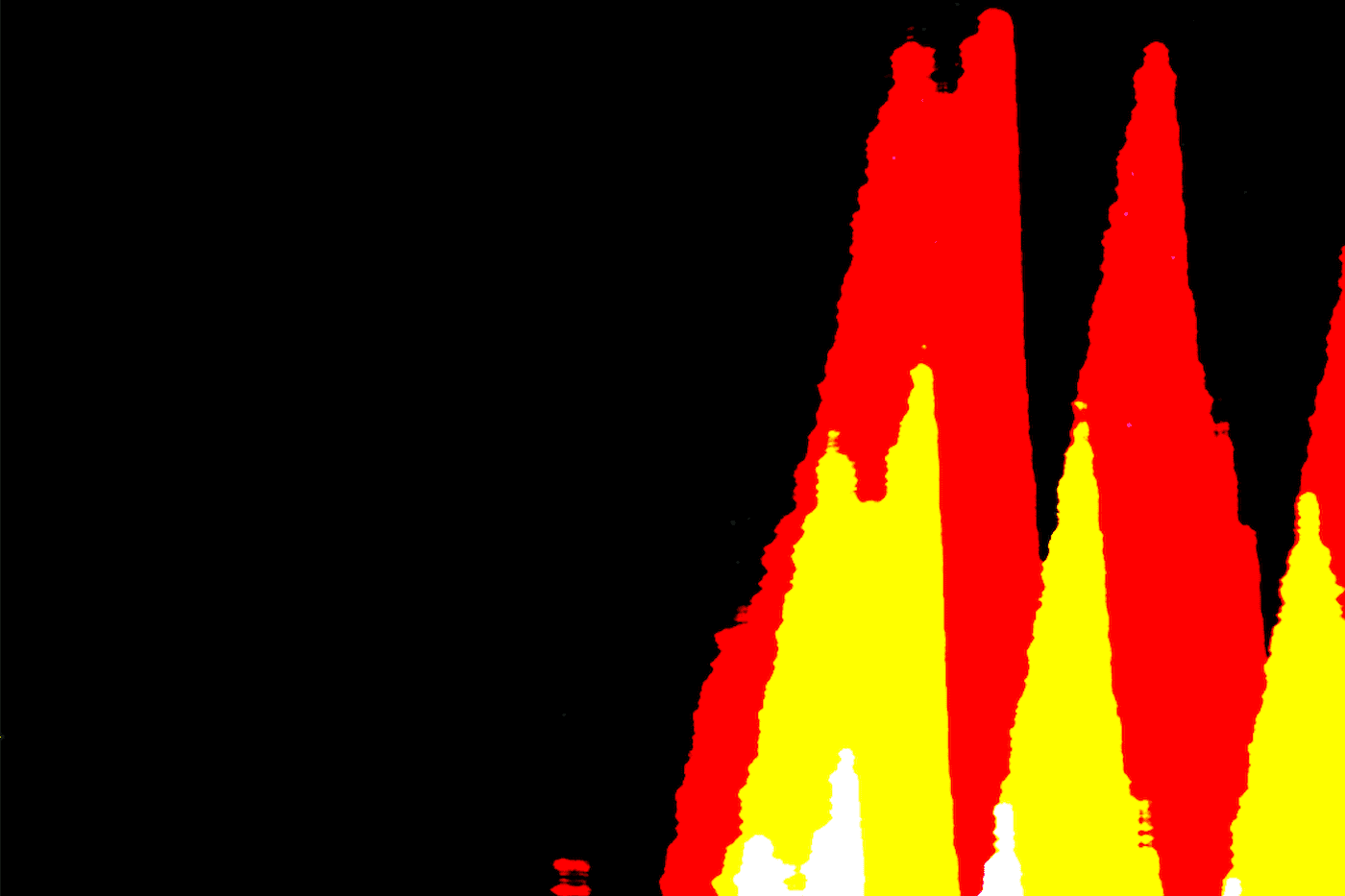Researchers: Judith, Jean, Thallysson, Ricardo, Roney
Summary:
The research proposes the development and implementation of an integrated strategy for systematic urban air quality monitoring in the city of Natal, Rio Grande do Norte. The methodology is based on the installation of standard, low-cost equipment capable of recording data on air pollutants such as fine particulate matter (PM2.5 and PM10). The project organization includes the acquisition, calibration, and continuous operation of these sensors, as well as the structuring of a monitoring network strategically distributed across critical points in the urban area, with an emphasis on areas of greatest social vulnerability and high vehicle traffic.
The project adopts a transdisciplinary approach, integrating knowledge from atmospheric physics, environmental modeling, public health, and Sanitary and Environmental Engineering. This interdisciplinary approach is crucial for understanding the dynamics of pollutants at an urban scale, their sources, dispersion, and direct and indirect effects on population health. Mathematical and computational modeling of the collected data allows for the simulation of future scenarios and supports emission control and mitigation actions, especially in response to changes in land use and occupation, urban growth, and mobility policies.
Among the main urban challenges faced by the project are: (1) the lack of a consolidated culture of air quality monitoring at the municipal level; (2) the difficulty of incorporating these data into effective public policies for atmospheric emissions control and urban planning; and (3) the lack of community involvement in actions aimed at environmental sustainability. Therefore, one of the project's goals is to establish a local culture of participatory environmental monitoring, with future strategies for involving the community, schools, and public and private institutions.
From a sustainability perspective, the project directly addresses three fundamental pillars: sustainable cities, the environment, and public health. By promoting accessible and continuous air quality monitoring, the project hopes to produce evidence that supports more inclusive and effective public policies, contributing to reducing exposure to pollutants and their impacts on respiratory, cardiovascular, and neurodegenerative diseases, especially in more vulnerable populations.
The experiment directly relates to the city by proposing the creation of a territorial logic for environmental monitoring, using the data obtained to support decision-making by public authorities and civil society. The results may indicate critical pollution zones and periods of greatest risk to
health and potential nature-based or green infrastructure solutions for mitigating air and noise pollution.
Finally, the project also aims to build a robust scientific foundation that can be replicated in other medium-sized Brazilian cities and to foster student training in areas strategic to sustainable urban development. By combining science, technology, and citizen participation, it seeks to consolidate a more resilient, healthy, and environmentally balanced city model, aligned with the Sustainable Development Goals (SDGs), especially SDGs 3 (Good Health and Well-being), 11 (Sustainable Cities and Communities), and 13 (Climate Action).
Free
Registration
Registrations must be made here.
Selection will be made in order of registration.
Registration will be open until the start of the activity, on site, as long as there are spaces available.


